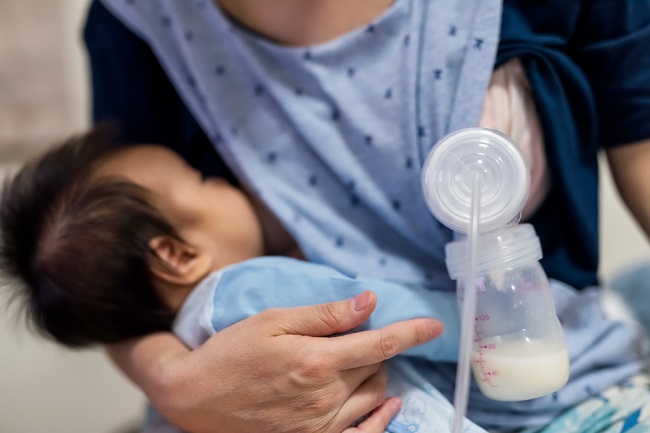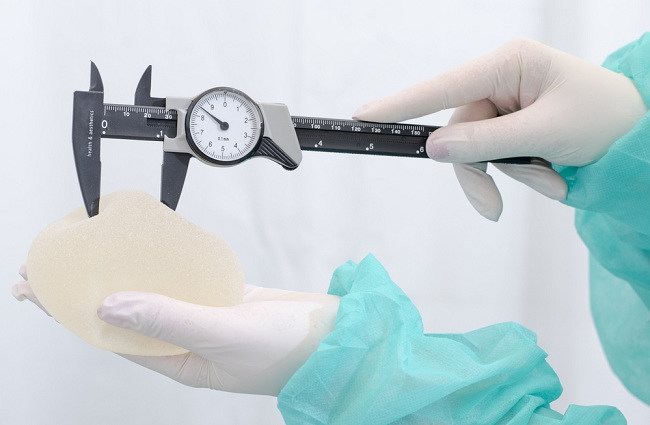when pregnant,Women are encouraged to gain weight. The goal is that the fetus gets adequate nutrition to grow. However, what if it actually causes obesity? What danger lurks?
If adjusted for the average body size for the Asian population, pregnant women can already be called obese if they have a body mass index (BMI) of 25 or more. This condition needs to be watched out for, because obesity is not only dangerous for pregnant women themselves, but also for the fetus in the womb.

Risk of Getting Pregnant with Obesity
In addition to making it difficult for pregnant women to move, obesity also increases the risk of pregnant women experiencing:
- Difficult or long labor
- Gestational diabetes
- Postpartum bleeding
- Heart and kidney disorders
- sleep apnea
- Giving birth by caesarean section
- Blood clotting
- Preeclampsia
- Miscarriage or the baby is born dead
Not only pregnant women, the fetus can also feel the bad effects, such as disability or being born with excess weight. Being born with excess weight can increase a baby's risk of becoming obese as a child, as well as developing diabetes and heart disease as an adult.
How to Maintain Weight During Pregnancy
Although obesity in pregnant women has various adverse effects on pregnancy, it does not mean that pregnant women should not experience weight gain at all.
For pregnant women who previously had excess body weight, it is recommended to maintain an increase in body weight of 7-11 kg during pregnancy.
Maintaining weight, such as by exercising regularly, is one way that pregnant women can do to reduce the risk of being adversely affected by obesity during pregnancy. Some types of exercise that are recommended for pregnant women are yoga, leisurely walks, pregnancy exercise, and swimming.
In addition to exercising regularly, pregnant women must also pay attention to the food they eat, because the nutritional intake of pregnant women greatly affects the development of the fetus.
Pregnant women should know the types of foods that need to be consumed and the types of foods that should be avoided. In addition, to meet nutritional needs during pregnancy, pregnant women are also advised to take pregnancy supplements.
Consult further with your obstetrician if you are obese during pregnancy. The doctor will determine the right way to reduce the risk of developing obesity, according to your health condition. Avoid doing your own weight loss program or diet without the advice and monitoring of a doctor.









